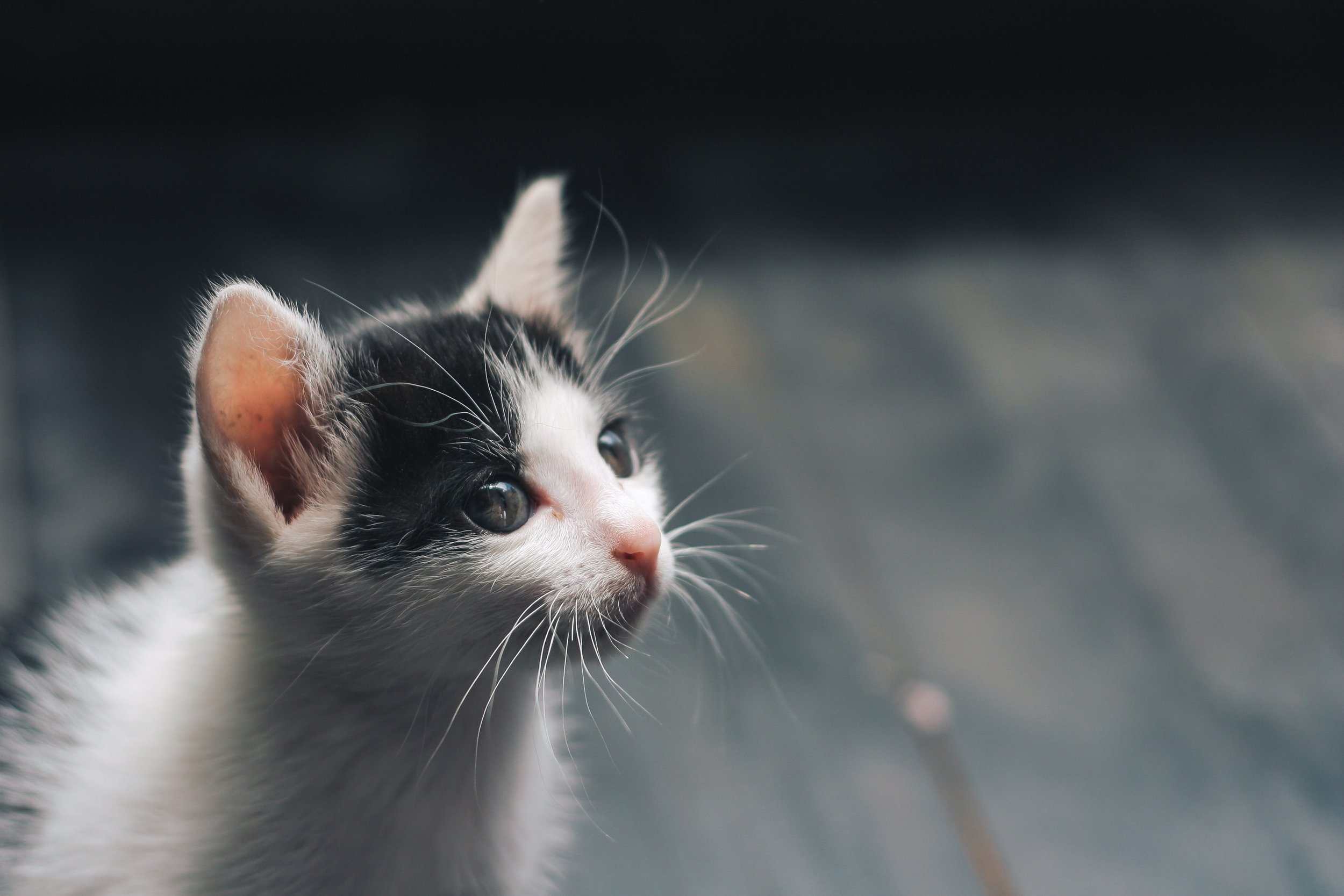Living With FIV-Positive Cats: What Is FIV?
Image courtesy of Dương Nhân
Feline immunodeficiency virus (FIV) is a virus that attacks the immune system—much like HIV, but unique to felines. Since FIV is a blood-borne pathogen, transmission occurs through blood exposure (e.g., bite wounds) from infected cats. Hence, this virus is commonly seen in outdoor felines—especially among unneutered strays, where the tendency to fight with other roaming cats is greater.
With FIV, as a cat’s immune system is weaker, regular ailments can present more severely. This often surfaces as one of the most indicative symptoms of FIV: recurrent illness. Other symptoms can include infections of the eyes and skin; inflammation of the mouth and gums; recurrent fevers; lymph node enlargement; and persistent upper respiratory infections.
Can FIV be transmitted to humans?
Just as HIV is unique to humans, FIV is unique to felines. Immunodeficiency viruses are species-specific—meaning, in this example, humans cannot contract FIV, nor can cats contract HIV.
Can an FIV cat live with a non-FIV cat?
A common concern among cat owners is the intermingling of an FIV cat and a non-FIV cat in the same home. It should be noted that shared utilities, such as beds and water dishes, do not propose the risk of transmission. However, since FIV spreads through blood and bite wounds, a pair of quarreling cats may not fare well. A solution to this may be to neuter both cats; with neutering, the inclination toward aggressive behaviors is decreased, lowering the likelihood of deep bite wounds that could transmit infection.
Is there a cure for FIV?
While there is no cure for FIV, FIV cats are just as capable of living long, fruitful lives as their non-FIV counterparts. When given accommodations for their vulnerability to infection, the life expectancies of both infected and non-infected cats are made equal.
As a preventative measure against the transmission of FIV, both infected and non-infected cats are safest indoors. For more personalized prevention and care for your cat(s), be sure to consult their veterinarian!
written by Anna

